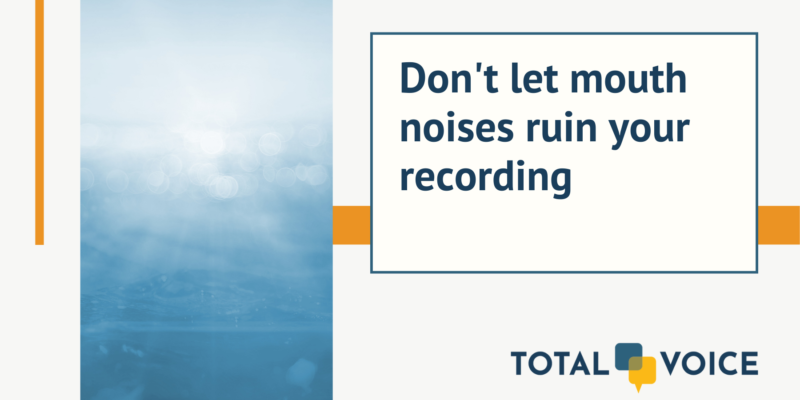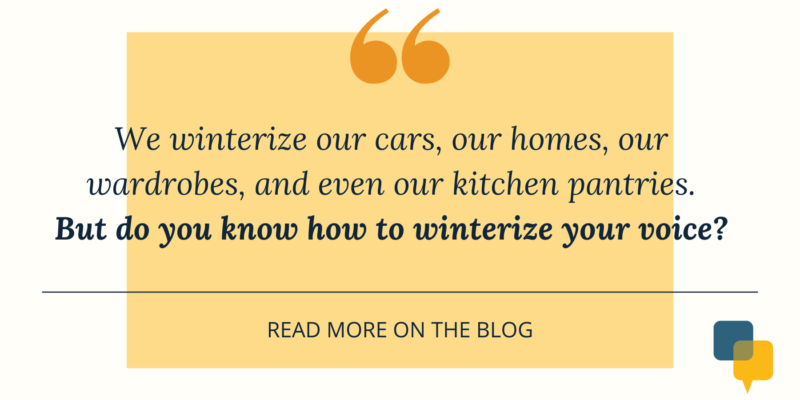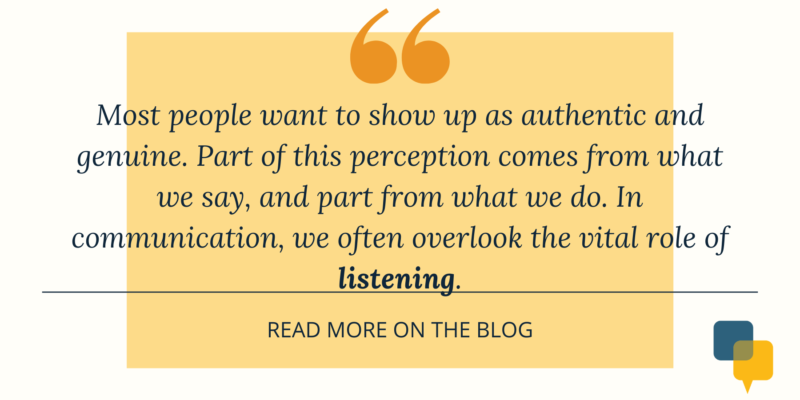It’s an old saw: Less is more. As with many clichés this one can sometimes be true, especially when it comes to how we use our voice.
Did you know it takes about 100 muscles to utter a phrase of speech? Given that many of these muscles are tiny and impossible to isolate, it’s shockingly easy to be using them with more tension than is necessary.
continue reading


